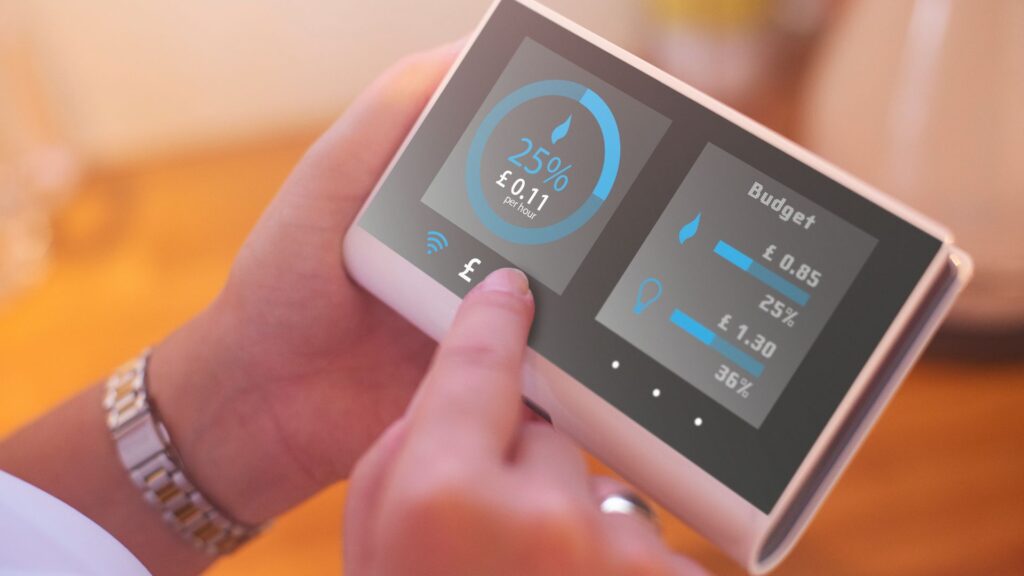The festive period is over and everyone is now back at work. It is easy to forget any debt worries over Christmas as you enjoy time with friends and family, however these worries begin to creep back in during January. If your December paycheque is stretched that bit too far this month, here are 4 things you should avoid doing to keep your finances healthy.
DON’T lean on your credit card
It is very tempting to add additional costs onto your credit card if your income this month is already low. This may seem like a good solution in the short term, however when your credit card bills come, you must make sure you have enough to cover it.
Starting February worrying about paying your credit card bills will only add to your pre-existing debts and stress. It will also put you on the backfoot when it comes to making your February paycheque last too. This is especially true if interest rates are added.
In October of last year, the average credit card debt per household in the UK was £2,252, with credit card debt being the most common type of debt in the UK. Almost half (42%) of UK adults admit to having it, so if you are struggling, you are not alone.
If you do need to lean on your credit card for essentials, do so responsibly; ensure you spend the minimum amount possible and make sure you have the means to pay off your bill next month.
See more information about credit card debt and the help available here.
DON’T turn to Buy Now, Pay Later
Another very tempting form of credit! We have spoken in depth about the rise of Buy Now, Pay Later credit options. From online clothes retailers, to more recently grocery stores and fast-food vendors, the option to buy now and pay later with 0% interest seems like a blessing if you are struggling to make ends meet this month.
However, these BNPL options are still a form of credit and therefore debt. It is important you are fully aware of the repayment terms for the lender you are using, as these can differ drastically between lenders, for example Klarna or Clearpay. As we have mentioned, if you do need to use such credit, make sure it is only for essentials and that you can meet the agreed repayment terms.
Failure to keep up with your repayments can result in extra interest being added and non-payment fines. If you have fallen behind on your Klarna repayments, click here to find out what steps you can take to get back on track.
DON’T sign up for unaffordable repayment terms
Terms and conditions of any credit option can be lengthy and difficult to understand. If frustrated or in a rush, it is easy to sign on the dotted line and worry about the rest later. But, it is these terms and conditions that will state further details on repayments and most importantly missed repayments.
Take your time to fully read and understand any small print associated with your credit lender before you sign up. Legal jargon and added clauses can sometimes be used to baffle and confuse the reader, with the average borrower unlikely to understand the meaning behind the language used. If you cannot fully understand what the T&Cs means, it is best not to sign up as you do not know what you are signing up for further down the line. It is also worthwhile researching trusted reviews about your credit lender to eliminate any which may be notorious for unrealistic repayment terms.
If borrowing is absolutely necessary, we recommend getting in touch with the company and requesting a member of staff walk you through the T&C’s.
DON’T treat yourself in February
So you have made it to February and the new January paycheque has landed in your bank account… phew!
With new funds in your account, it can be all too easy to get yourself a little treat as a ‘well done” for making it through the month. However, if you are struggling with debt, these will not go away easily.
With a new paycheque in the account, take some time to create a detailed budget plan for the month. This way, you can work out what you need to pay in essential bills such as our rent, mortgage or food. Whatever is left over is your ‘disposable income’ and can be used to pay off any outstanding debts.
Planning your spending can also help highlight areas you can cut back. If you have signed up for a gym this month to help with your new year’s resolutions, could you cancel this and opt for free workouts online? Could you cut back on your food shopping and choose own-brand products instead?
We have a full guide dedicated to budgeting, access it here.
DO get help with your debt
We have told you everything you should avoid this month, but what about what you can do?
DO get free debt advice from a reliable and reputable debt advice company (like us)!
At Angel Advance, we are proud to have a free-to-use online debt advice tool accessible on our website. It will take all the information you provide such as your living situation, monthly or weekly income and the amount of debt you have to provide the best debt solution for you. As it is an automated system, you can be sure the solution provided really is right for you. Our debt advice tool is also no-obligation. This means once you have found the right solution, you do not need to sign up to this debt solution with Angel Advance.
Read more information about our debt advice tool here or access the tool here.
Alternatively, you can speak with a friendly debt advisor who will be happy to discuss your debts with you in person or over the phone.


